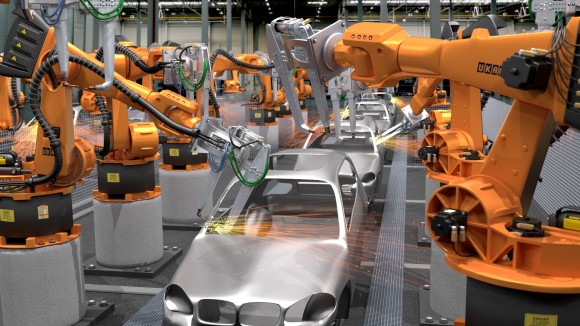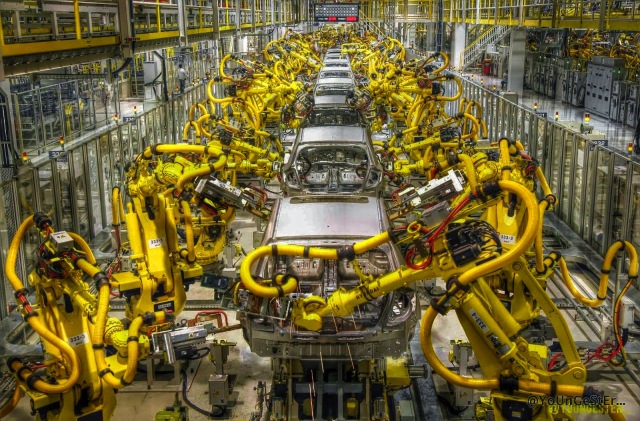The next type of question we can look at is the Y/N/NG type.
In previous posts we looked at several other question types.
Y/N/NG refer to the opinions and claims made by the writer. They are different from T/F/NG questions, which refer to facts presented in the passage.
The question will begin with something like:
Do the statements below agree with the ideas expressed by the author? Write YES, NO or NOT GIVEN.
So the passage will be more of an opinion-based piece; whereas the passage for which T/F/NG questions are asked might be more factual.
Here is an article published on the London School of Economics website. It is about industrial robots. You can find it here. There is some factual information in the piece, but also a lot of conjecture. Here is the first, third, and fifth paragraph (we can ignore the other paragraphs for this exercise)
Industrial robots have boosted productivity and growth, but their effect on jobs remains an open question
Robots’ capacity for autonomous movement and their ability to perform an expanding set of tasks have captured writers’ imaginations for almost a century. Recently, robots have emerged from the pages of science fiction novels into the real world, and discussions of their possible economic effects have become ubiquitous. But a serious problem inhibits these discussions: to date, there has been no systematic empirical analysis of the economic effects that robots are already having.
We find that industrial robots increase labour productivity, total factor productivity and wages. At the same time, while industrial robots have no significant effect on total hours worked (as we explain below), there is some evidence that they reduce the employment of low-skilled workers and, to a lesser extent, middle-skilled workers.
Industrial robots dramatically increase the scope for replacing human labour compared with older types of machines, since they reduce the need for human intervention in automated processes. Typical applications of industrial robots include assembling, dispensing, handling, processing and welding – all of which are prevalent in manufacturing industries – as well as harvesting (in agriculture) and inspecting equipment and structures (common in power plants).
Do the statements below agree with the ideas expressed by the author? Write YES, NO or NOT GIVEN.
1: Science fiction writers are interested in robots for two main reasons.
2: Robots are no longer a subject for science fiction.
3: Robots are taking over the real world.
4: Nobody is discussing the real-world consequences of robots.
5: Researchers need to undertake a scientific study of the economic consequences of robots.
6: Robots are generally having a positive effect.
7: Robots are good for the employment prospects of labourers.
8: Older types of machines didn’t replace as many jobs as robots might.
9: Handling, processing and welding will no longer be necessary in the future in the manufacturing industry.
10: Harvesting can’t currently be handled by robots.
Answers after the image
- Y
- NG
- NG
- N
- N
- NG
- N
- Y
- N
- N
Question 4 is a little tricky
4: Nobody is discussing the real-world consequences of robots.
The passage says:
But a serious problem inhibits these discussions: to date, there has been no systematic empirical analysis of the economic effects that robots are already having.
The writer isn’t saying that nobody is discussing the issue. He is saying that nobody is discussing it in a specific (scientific) way. So the answer is “N” — the writer is NOT claiming that nobody is discussing the problem.



OMG. Pretty tough.
Number 4. “Nobody is discussing the real-world consequences of robots”
From the passage: “no systematic empirical analysis ” so that doesn’t mean “Nobody is discussing the real-world consequences of robots” People might be discussing this, but there has been “no systematic empirical analysis”
This is tricky!!
Yes, you are right. You need to read and understand the meaning of the question carefully.